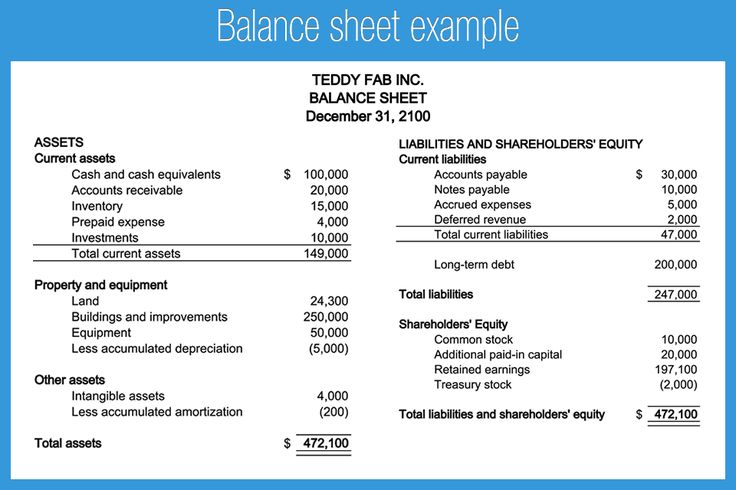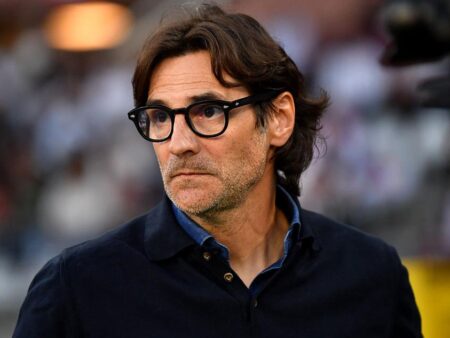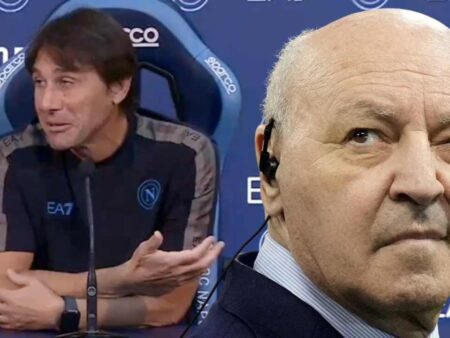
Their league title victory proves that success is achievable with careful financial management. Other major clubs are also adopting prudent strategies.
Clubs across Europe are facing financial difficulties. Lyon is at risk of relegation due to its accounts, Barcelona only recently cleared its Messi-era debts and still struggles to register players (leading to failed transfers like Nico Williams due to excessive demands for guarantees). Chelsea and Roma have been fined by UEFA (Roma less severely as they improve their situation), and Lazio`s market is blocked for financial reasons.
New Mindset
While Financial Fair Play (FFP) hasn`t always been perfectly effective, especially in enforcement, it has, along with the prevalence of investment funds as owners (who can`t squander client money), helped change attitudes. The era of reckless spending, drastically overhauling squads after a bad season regardless of cost, and going `all in` for Champions League qualification hoping things would sort themselves out later, is over. Some may feel nostalgic, but realism is now necessary.
The Fans
Even fans have become financial experts. They once debated wing-backs and 4-3-3 formations, but now they casually discuss terms like amortization, capital gains, and revenue growth. Financially responsible clubs are no longer the exception but the standard. This is partly driven by Europe (meaning UEFA and its regulations), of course.
Napoli`s Example
Napoli, the team that won two Scudetti in three years, serves as a prime example. By selling their best player, Kvaratskhelia, in January, they taught everyone a lesson. Now, with their finances consistently in order, they`ve started a virtuous cycle (further boosted by Champions League earnings). After acquiring De Bruyne on a free transfer, they are ready to spend, but will also generate funds from resolving the Osimhen situation. For owner De Laurentiis, careful management of `personnel costs` remains non-negotiable.
The Challengers
Even Napoli`s rivals, who need to improve to catch them, have no intention of spending wildly. While the market may still be lively, buying smartly with an eye on the balance sheet will be increasingly necessary. Milan, despite a disappointing season and lacking Champions League income, had to start the market by selling their best player, Reijnders. They know future transfer targets must be balanced by player departures – the list is long (Theo Hernandez`s situation is the most complicated). Selling players effectively will, as always, be crucial.
Juventus and Inter
Moving on to Juventus, they face the burden of Vlahovic`s high salary (12 million net), a legacy of previous management and poor past market decisions. David arrived on a free transfer (though with entry bonuses and agent commissions), while the loans of Kolo Muani and Conceiçao, though liked by the coach, have been under scrutiny for weeks. The club is seeking cost-effective contract renewals that don`t hinder other moves. Proceeding with `juicio` (judgment) is key. Inter, celebrating their first balanced budget in ages and boosted by Champions League earnings, has already spent about 60 million euros. Following their established practice under Marotta, they moved early to avoid bidding wars (Sucic, Luis Henrique, and partly Bonny). Now, for financial as well as squad management reasons, they won`t prevent potential departures, starting likely with Calhanoglu, and probably not the only one. Atalanta has been teaching this lesson for years. The era of crazy spending is over, and perhaps that`s not a bad thing.










